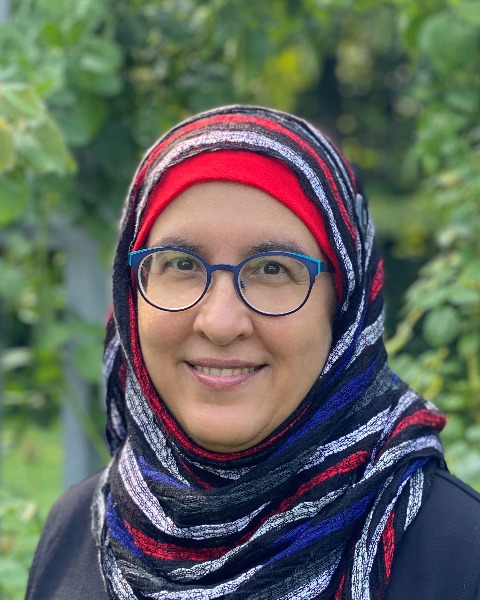Paper Presentation
Clinical Ethics
Session: Religion, Spirituality, and Healthcare
Ethical considerations in navigating family resistance to disclosure of serious illness to patients with decision-making capacity: Reflections from a qualitative study of Muslim Americans
Friday, October 24, 2025
8:00 AM - 9:00 AM Pacific Time
Location: C124

Asma Mobin-Uddin, MD, MA
Assistant Professor
The Ohio State University Wexner Medical Center
Columbus, Ohio
Abstract: In certain cultures and communities, families may resist disclosing a diagnosis of serious illness to loved ones due to different cultural norms and due to fears about resulting psychological harm. This resistance can challenge clinical teams who are used to working under hospital policies and legal standards in which disclosure and informed consent for patients with decision-making capacity are the standard of care. To better understand this issue in the Muslim American community, we report on a multiphase project being conducted by an interdisciplinary team with expertise in medicine, clinical ethics consultation, health services research, sociology, and community engagement. The current paper discusses the findings of the second phase of this project: a qualitative research study designed to identify and understand the attitudes, beliefs, and practices of members of the Muslim American community related to end-of-life medical decision-making. The aims of the study include to identify preferences for disclosure of serious medical illness for self and family members, to solicit preferences for surrogate decision-makers, and to better understand beliefs about advance care planning in this community. Over 50 Muslims in the US participated in the mosque-based semi-structured interviews in their preferred language, choosing from the options of English, Arabic, Urdu or Somali. The presenter will discuss the study findings and she will address clinically appropriate options and strategies for navigating requests for nondisclosure of serious illness when family members are concerned about the potential for psychological harm.
Keywords: nondisclosure, end of life planning, Muslim Americans
Keywords: nondisclosure, end of life planning, Muslim Americans
Learning Objectives:
After participating in this conference, attendees should be able to:
- Recognize how cultural and religious factors may affect beliefs and practices around the role of family in decision making and disclosure of serious or life-limiting illness in some Muslim communities.
- Discuss clinically appropriate options and strategies for navigating requests for nondisclosure of serious illness when family members are concerned about the potential for psychological harm

.png)